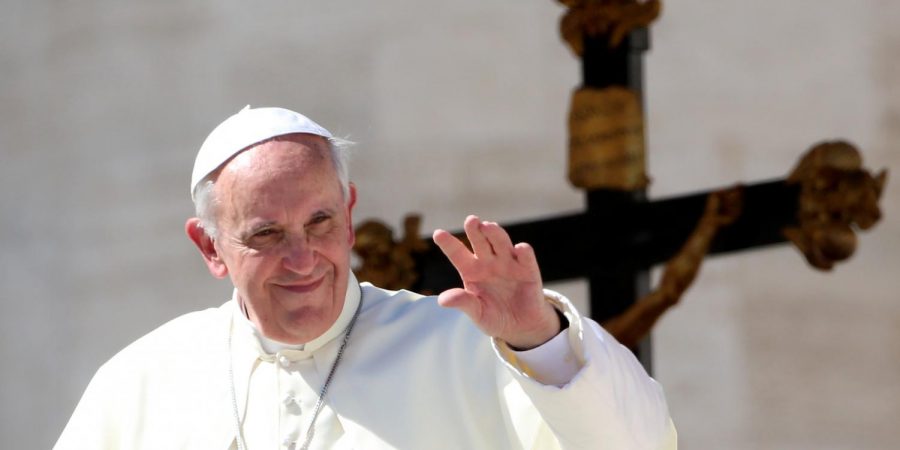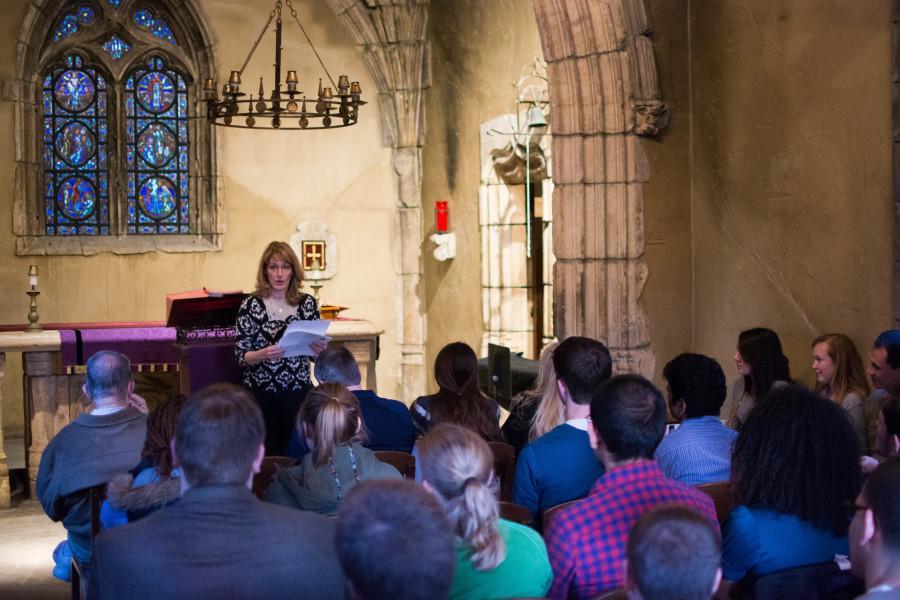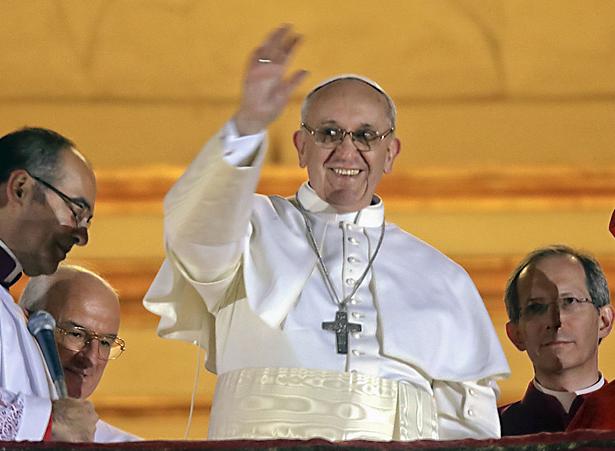
After eight years as the head of the Roman Catholic Church, Pope Benedict XVI announced yesterday that he would resign his position on Feb. 28, becoming the first pope to do so since Gregory XII in 1415.
Benedict announced his resignation in front of a gathering of cardinals Monday.
“After having repeatedly examined my conscience before God, I have come to the certainty that my strengths, due to an advanced age, are no longer suited to an adequate exercise of the Petrine ministry,” Benedict said.
“For this reason, and well-aware of the seriousness of this act, with full freedom I declare that I renounce the ministry of Bishop of Rome, Successor of Saint Peter, entrusted to me by the Cardinals on 19 April 2005, in such a way, that as from 28 February 2013, at 20:00 hours, the See of Rome, the See of Saint Peter, will be vacant and a Conclave to elect the new Supreme Pontiff will have to be convoked by those whose competence it is.”
Elected pope at age 78, Benedict is one of the oldest to hold the office. At 85, he is a year older than his predecessor, Pope John Paul II, was when he died.
The move has come as a surprise to both Catholics and non-Catholics around the world. Patrick Carey, the Rev. William J. Kelly chairman in Catholic theology at Marquette and an expert in Church history, said he thought Benedict’s resignation was unusual, though not unprecedented.
“Pope Benedict evidently is resigning, as he himself indicated, because his health is failing (which is evident) and he can no longer travel to carry out the missionary functions of the modern papacy,” Carey said in an email. “I see no reason to suspect the reasons he has given for resigning.”
Benedict’s reign as the supreme pontiff of the Church was largely during a time of conflict for the church. Many sexual abuse scandals involving priests came to light during his tenure, and some, like David Clohessy of the Survivors Network of Those Abused by Priests, celebrated the pope’s announcement, citing his “terrible record” on child sex abuse.
According to Vatican Radio, upon Benedict’s resignation, he will move to the papal residence in Castel Gandolfo. The College of Cardinals will meet shortly after Benedict’s resignation to elect a new pope. Benedict will not participate in the election.
Catherine Shea, a junior in the College of Communication and a lifelong Catholic, currently studying in Rome, said the announcement shocked her.
“Growing up Catholic and going to Marquette I am very involved with the church community, so this was definitely a shock to me,” Shea said. “Regardless of the outcome, I feel very fortunate to be in Rome during such a historical time.”
History
Pope Benedict XVI was born Joseph Ratzinger in Germany in 1927. He spent his youth being educated in faith and academics at home during World War II, when he often saw the harsh effects of the Nazi regime on the Catholic Church. According to his biography on the Vatican’s website, he witnessed the beating of a Catholic priest by Nazis as a young man.
He spent a brief time in the military with an auxiliary anti-aircraft corps, followed by his study of philosophy and theology at the Higher School of Philosophy and Theology of Freising and at the University of Munich. He obtained his doctorate in theology in 1953.
Benedict was appointed Archbishop of Munich and Freising by Pope Paul VI, who later appointed him a Cardinal as well. He was elected Pope in April 2005 at age 78.
Benedict was elected Pope while many sexual abuse scandals and cover-ups within the Catholic Church came to light. ABC News reported Monday that the Church published “Criteria for the Discernment of Vocation for Persons with Homosexual Tendencies” at the height of the scandal. The piece was widely thought of as the Church’s response to the accusations of sexual abuse.
The Pope said in 2008 that the allegations made him “deeply ashamed.” In 2010, he publicly apologized to victims of clerical sexual abuse and their families in Ireland.
Benedict is known for his conservative views, including a vehement opposition to contraception. He said in 2009 that condoms were not a solution to the HIV/AIDS virus but later revised his remarks, saying they may lead to more responsible sexual behavior.
According to the Associated Press, there have been four Popes in history besides Benedict XVI to step down from the papacy. Benedict is the first in almost 600 years. Pope Marcellinius resigned or was deposed in 304 AD after allegedly complying with the Roman emperor’s orders to make sacrifices to Pagan gods, Benedict IX sold the papacy to his godfather Gregory VI and resigned in 1045, Celestine V stepped down after being overwhelmed in the office after only five months in 1294, and Gregory XII stepped down in 1415 to end a schism within the church.
While rare, papal resignation is allowed under Cannon Law.
“If it should happen that the Roman Pontiff resigns his office, it is required for validity that he make the resignation freely and that it be duly manifested, but not that it be accepted by anyone,” states Canon Law 332, § 2.
While Benedict’s resignation came as a surprise, he had previously advocated for popes to resign if they feel they can no longer fulfill their duties to the best of their abilities, specifically in light of John Paul II’s last months at the Holy See.
After Benedict’s official resignation, which will take place on Feb. 28, the College of Cardinals will convene to elect a new pope. While the College usually must wait between two and three weeks to convene after the death of a pope, so as to allow for proper mourning and burial, no waiting period is specified in the event of papal resignation.
Allison Kruschke and Pat Simonaitis contributed reporting from Milwaukee.
—
Correction: A previous version of this article mistakenly stated that Pope Benedict XVI grew up during World War I. He in fact came of age during World War II. The Tribune regrets the error.





